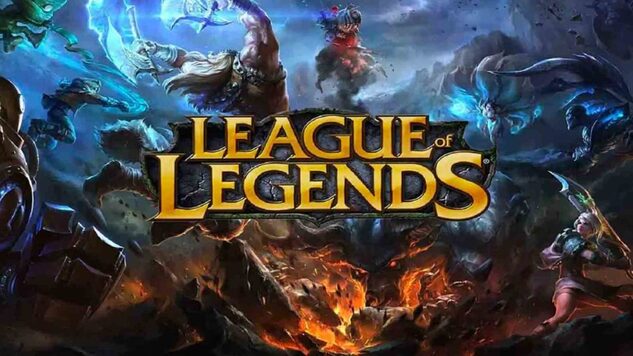From Passion to Frustration: Understanding Why Players Leave League of Legends
League of Legends has been the most popular game online for more than ten years, shaping professional esports and game design across all genres. Even though it's popular, it has one of the worst reputations in the game world. Some people love how deep it is and how you can work as a team, while others find it frustrating, harmful, or even toxic.
To understand this split, you have to look beyond how frustrated players are and see how the game's structure, community, and ways of making money affect the experience.
The Competitive Nature That Pushes Players Away
At its best, League of Legends is a masterclass in balance and tactical play. At its worst, it’s a pressure cooker. Because of the ranked ladders, tough matchmaking, and tight team dependence, losses feel personal. New players often say that the first few matches are too hard because the rules are hard to understand and the other players are mean.
Frustration isn't just a League problem. A lot of online games, whether they are competitive or built on luck, make people feel the same way: the game isn't fair. The main difference is how clear it is.
On the other hand, chance is not a secret feature in casino-style games. Platforms that list the best payline slots group their games by RTP and variance, which tells players exactly how often and how much they can win. League's algorithms do similar calculations in the background, only you can't see them. They do things like matchmaking, critical hits, and events that are based on chance.
The difference between the two shows why players sometimes mix up skill gaps with bad luck. Both depend on systems that decide the outcome quietly, long before it shows up on the screen.
A Community Reputation That Won’t Die
Few games are as notorious for having mean people in them. Many League of Legends players still say the community is toxic. The stress of competition makes things worse, and one bad partner can ruin 30 minutes of hard work. When something like that keeps happening, it's easy to think of the whole thing as bad.
Even though Riot Games is always improving reporting tools and chat control, part of the problem is cultural. League requires teamwork but rewards individual skill, which makes cooperating and self-preservation difficult. Players who want to move up the ranks often blame others when they fail, which keeps them angry even when the system gets better.
Learning Curve and Constant Change
Riot makes changes to champions, powers, and items every season. For some, this keeps the meta new, but for others, it's like chasing a moving target. After a balance patch, a character that you've mastered one month might not work at all the next. With hundreds of playable champions and this steady change, it's hard to become a master.
This also makes it seem like the game isn't fair. Since updates change the odds so often, skill doesn't always seem to be the final factor. It's not fun to lose because of a patch or a champion that is too strong, especially when ranked points or hours of work are on the line.
Monetization and Burnout
League of Legends is free to play, but completionists have to pay to get everything. To get cosmetics or champions, you have to grind or pay small amounts of money. Events now have tiered passes, limited skins, and random draws that work like gambling games. Players often say that the method is not only expensive but also hard to use.
Because of the stress of competition, constant changes, and the need to make money, burnout is unavoidable. A lot of people who leave League don't stop playing games altogether. They just switch to games where the features are easier to understand or more self-contained.
What Players Do Instead
Players who have lost hope go in different ways. Some people like team shooters like Overwatch 2 or Valorant because the rounds are shorter and the way you work with your teammates is more organized. Others switch to single-player games, roguelikes, or online casino-style games that give them quick results without having to deal with other people.
Being open and honest is a common trait. In RNG systems used in casinos, for instance, every chance is shown through an easy-to-understand formula. Matchmaking in League is hidden, cooldowns are hidden, and team synergy isn't always clear.
Conclusion
People hate League of Legends for the same reasons they used to love it: it's hard, uncertain, and hits close to home. Skill-based competition based on secret methods are what make it so popular around the world, but they can also make it very tiring. Riot Games is always working to improve control and balance, but no patch can get rid of the stress that is built into the game.
To read the latest guides, news, and features you can visit our Other Game Page.





